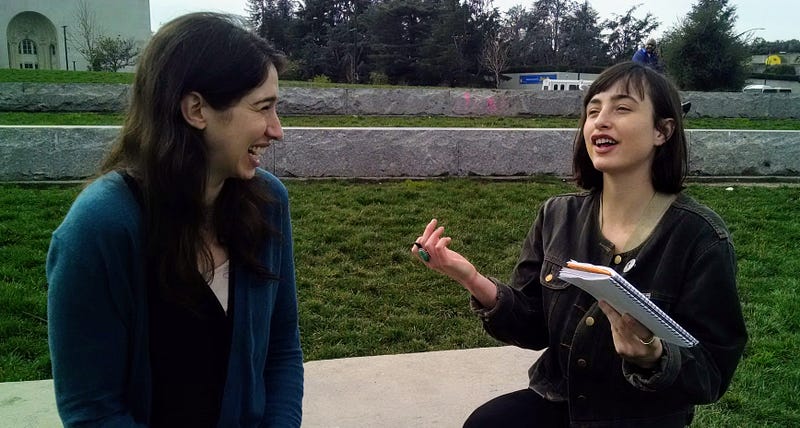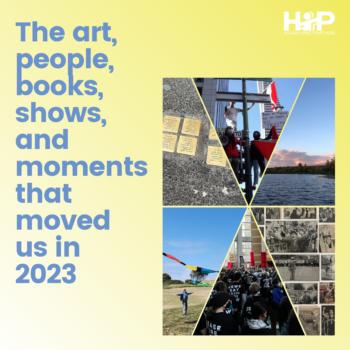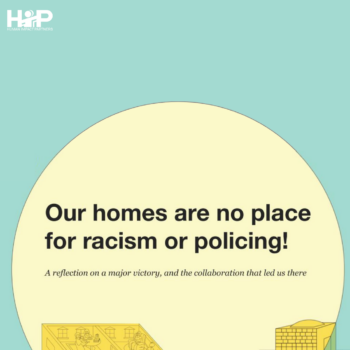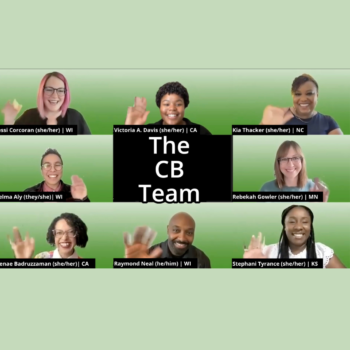
| By Gus Alexander |
As a research assistant here at HIP, it was required that I believe research can affect positive change. And I do.
I believe that research has a role to play for social justice.
Just like the Black Panther Party used research to deconstruct biomedical claims of inherent Black inferiority, (then to produce new knowledge of Black power and dignity), I believe that research can be transformative.
As a research assistant here at HIP, it was also required that I believe research can do harm. And I do.
Whether turning to grand examples like the Tuskegee Syphilis Study, or countless other cases of the “racial research wars” that stain our country’s history with blood and tragedy, all “in the name of science,” I believe that research can be dangerous.
We can’t view our work in a vacuum. And beyond recognizing its marked history, we need to be critical about the ways that this work currently impacts people.
Often there’s this divide between the ‘researcher’ and the ‘researched’. In our case, HIP works with community-based organizations and conducts research that adds to their campaigns. We do our best to hold community partners at the center of our work, as collaborators and co-investigators.
We respect our partners. We respect community. But because we do not always belong to those communities — we are still the outsiders. And depending on our community partners’ past and present experiences with outside researchers in the past (as the exploitative potentials of research are alive and well), there are times when we struggle (and times when we fail) to reach a relationship of trust.
So, how do we approach this trust deficit? How do we make moves not just to recognize, but do something about the complicated legacy that marks our work? One way is to be more human. One, small way is to embody more what motivates us.
Too often researchers erase their own stories. The West tends to value the image of the “objective” researcher — the “neutral” expert — but this work is not neutral and neither are we. That is why what follows is the first in a series of interviews with HIP staff, to shine a light on some of what motivates us to do our work. Where did we come from? Why are we here? Our personal stories are relevant — they matter.
To kick us off, here’s a piece of my conversation with Project Director Sara Satinsky about her own motivations and her views around trust and partnership…

Sara and Gus chatting by Lake Merritt near the HIP offices in Oakland, CA
G: Can you tell me a bit about where you grew up and what it was like?
S: I grew up in a suburb of Philadelphia, middle-class family and community. I went to college in Massachusetts and studied anthropology. The medical anthropology side spoke to me most — how our different actions and cultural traditions, the things we do, can really shape our physical selves…I developed this strong feeling for the sanctity of life and how every person is entitled to living their healthiest and fullest life…it opened up this reality that there are so many different ways to approach how we shape our lives, and…that we don’t have a single best way.
G: When you think back on your life leading up to this point, what is a moment, person, or something that drove you here?
S: It was really a lot of little moments along the way.
In college I volunteered at an outreach center that provided supportive housing for homeless people living with HIV/AIDS. There I saw that clients’ health needs extended beyond the physical or medical. So many other, everyday needs affected their well-being.
Then in grad school in North Carolina, working at a student-run health clinic, and seeing the individuals and families coming in, it crystallized for me how access to good housing and steady jobs is foundational in shaping health.
My most “Aha!” moments came during times where it struck me how changeable all these factors shaping health can be. And it frustrates me how it’s in our collective power to do something, yet these incredible inequities and disparities still happen.
G: Have you experienced issues building trust with your partners, as a researcher?
S: There was a particular project where…one of our partners who had put their blood, sweat, and tears into it wondered if we had excluded them from some of our communications with the project decision-maker.
I appreciated being able to talk with this partner about their concern — to talk about what was going on. I remember asking specifically, “Do you trust us as an organization, do you trust me as an individual?” And that wasn’t answered directly, but having that conversation really clarified for me that trust is a very deep connection, and a lot of factors go into building it. Personalities, experiences with institutions…it allowed us to air different thoughts and emotions and to figure out a way to move forward together in a way that was productive.
We at HIP often are from the outside, whether geographically or culturally — we are the new faces — the new ones to the table. And we need to carry humility around that.
G: What are some things about who you are, how you feel, or where you come from that you would want to show to a person or group that you’re trying to build trust with, as a researcher?
S: I’d want to say that this is a relationship that we’re building together, and I understand that…That it’s important, but not enough, only to “show up” to build that trust…And I hope to earn each other’s trust along the way. And I appreciate them so much for bringing us into what they’re trying to accomplish. And I imagine that’s not easy to do when they’ve been working on something for so long and to have us show up all of a sudden, with our own framework.




